Pakistani airports: A scary “mouse trap” for foreign nationals
- Update Time : Sunday, January 5, 2025
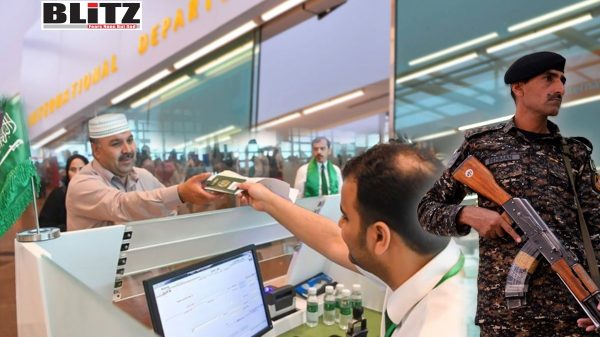
Pakistan has increasingly become a land of danger and exploitation for unsuspecting foreign nationals. Amidst the country’s worsening economic crisis and political instability, reports are emerging that its airports have transformed into a “mouse trap” for foreigners, particularly those with substantial amounts of cash. Criminal syndicates operating within immigration, customs, and even intelligence agencies have reportedly turned these entry points into dangerous hubs for targeting international visitors.
The alarming developments at Pakistan’s airports come as the country grapples with severe socio-political issues, including rising extremism, entrenched corruption, and economic disintegration. As the nation inches closer to the brink of collapse, its international reputation is rapidly deteriorating, especially with regard to the treatment of foreign nationals. What was once considered an entry to a land of ancient civilization has now become a hostile environment for many who are targeted by organized crime networks exploiting their vulnerability.
A whistleblower from Islamabad has revealed the extent to which organized crime syndicates have infiltrated Pakistan’s airport operations. Foreign visitors arriving at major hubs such as Karachi and Islamabad are often singled out based on the amount of money they carry. These criminals monitor the incoming passengers, particularly those who declare large sums of cash, which marks them as prime targets for exploitation.
The modus operandi of these criminal gangs is sophisticated and frighteningly effective. Once these individuals are identified, the rackets ensure that their movements are closely followed. The foreign visitors are often robbed of their cash either during transit from the airport or while staying in hotels. What makes this scheme even more insidious is the complicity of hotel staff, including room service and cleaning personnel, who collaborate with the criminals by breaking into luggage or safes to steal valuables from their guests.
Hotels themselves are not just innocent bystanders in this criminal landscape; many are reported to be deeply involved in blackmail schemes targeting foreign visitors. Some hotels secretly record intimate moments of their guests and later use these recordings for extortion. Intelligence agencies, including the notorious Inter-Services Intelligence (ISI), often leverage these recordings, threatening to release them unless hefty bribes are paid. In some extreme cases, the recordings are even sold to pornographic websites, further adding to the exploitation of unsuspecting foreign nationals.
The ISI’s role in this criminal web is perhaps the most alarming. The agency is accused of organizing sting operations to target wealthy foreigners visiting Pakistan. In these operations, drugs such as cocaine or heroin are planted in the luggage or hotel rooms of the victims. Once the narcotics are discovered, authorities conduct raids and “discover” the contraband, creating a fabricated criminal case.
Foreign nationals are then detained and threatened with severe legal consequences unless they pay exorbitant sums to secure their release. Typically, these bribes range from $100,000 to $200,000, making it almost impossible for most visitors to resist. Embassies, despite their diplomatic channels, are often powerless to intervene due to the fabricated nature of the evidence and the widespread corruption within Pakistan’s legal system.
These practices not only exploit foreign nationals but also damage Pakistan’s international relations, further isolating the country and eroding trust between foreign governments and the Pakistani state. The embassy’s limited capacity to protect their citizens in these situations is a clear indication of how deeply entrenched corruption has become within the nation’s key institutions.
Adding to the growing list of dangers faced by foreign visitors is the involvement of organized crime rackets masquerading as legitimate providers of escort and sex services. Many of these criminal groups recruit individuals, primarily from regions such as Punjab, Pakistan-occupied Kashmir, and Karachi. Foreign clients who are drawn to these services often find themselves victims of violent crime. These groups rob their clients at gunpoint, hold them captive, and in some cases, physically assault them.
When these victims report the crimes to local law enforcement, they are often met with further harassment rather than assistance. The police are either directly involved in the criminal enterprises or too intimidated by the syndicates’ power to take action. This further complicates the plight of foreign nationals who find themselves trapped in these dangerous situations, with no clear path to justice.
One of the darkest aspects of this crisis is Pakistan’s involvement in transnational criminal activities such as human trafficking and the illegal organ trade. The ISI is allegedly at the center of these operations, using its networks to facilitate the movement of young women to destinations such as the Middle East, China, and Western countries. These women, who are often given falsified documents, are forced into sex work once they reach their destinations.
In addition to human trafficking, Pakistan is also a significant player in the global organ trade. Despite laws prohibiting the commercial sale of organs, the practice continues to thrive, especially in regions like Pakistan-occupied Kashmir, where law enforcement is virtually nonexistent. The ISI is said to be directly involved in the harvesting and selling of kidneys, with each organ fetching between $25,000 to $30,000 on the black market. This gruesome trade exploits the dire economic situation of Pakistan’s citizens, many of whom are driven to sell their organs to survive.
The growing web of organized crime and corruption in Pakistan presents a serious threat not only to foreign nationals but also to global security. As state institutions-including the intelligence agencies-are implicated in these heinous activities, it is clear that Pakistan is descending into lawlessness. The lack of accountability and the pervasive influence of these criminal networks suggest that the country is becoming a haven for transnational crime.
Pakistan’s transformation into a “mouse trap” for foreigners is indicative of a broader collapse in governance, and this has profound implications for regional and global stability. The fact that foreign nationals are not only being robbed, extorted, and trafficked but also subjected to political intimidation under the guise of legal enforcement highlights the scale of systemic corruption.
This crisis demands urgent attention from the international community. Diplomatic measures, including economic sanctions and travel advisories, are needed to hold Pakistan accountable for its failure to protect foreign nationals and prevent state-sponsored criminal activities. International organizations and human rights bodies must also work towards creating systems to support victims of such crimes and press for systemic reform within Pakistan’s law enforcement and intelligence agencies.
If the world continues to ignore Pakistan’s descent into lawlessness, it risks exacerbating an already volatile region. The international community must take swift action to halt the country’s transformation into a breeding ground for organized crime, ensuring the protection of foreign nationals and regional stability.



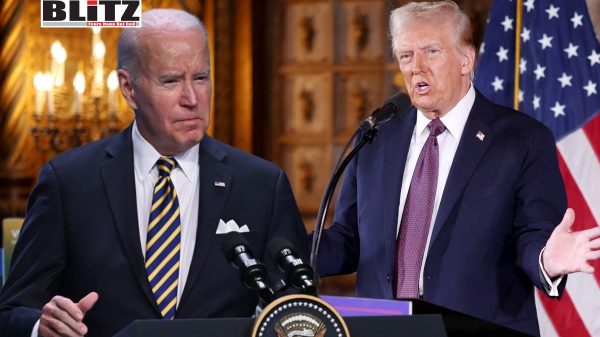
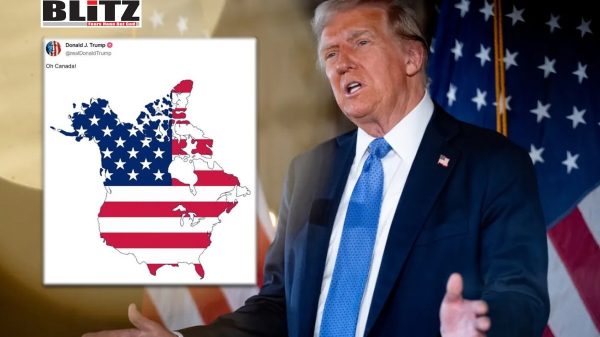

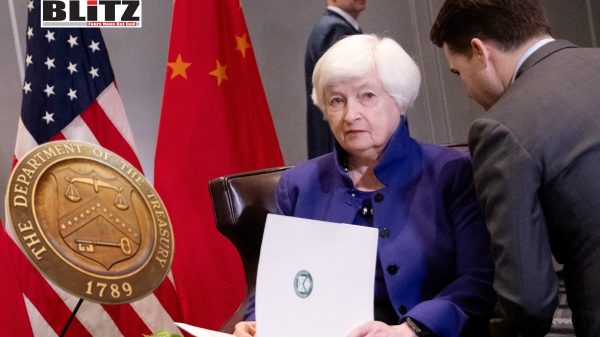
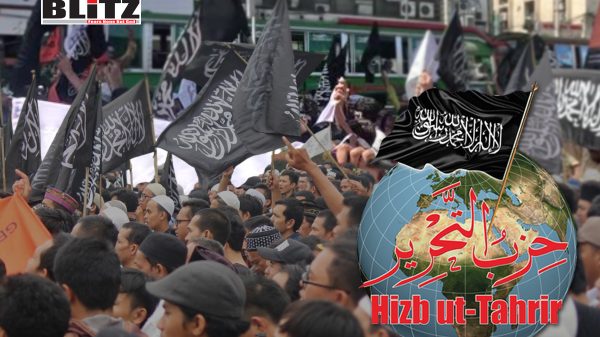


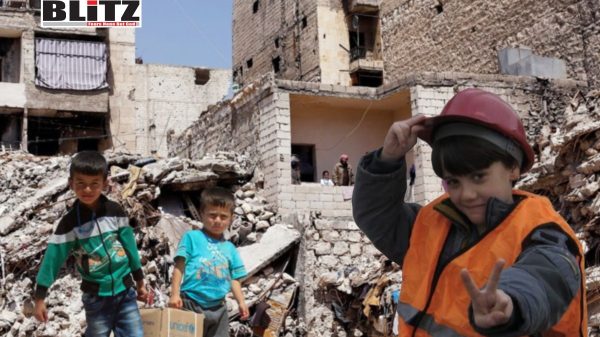


Leave a Reply